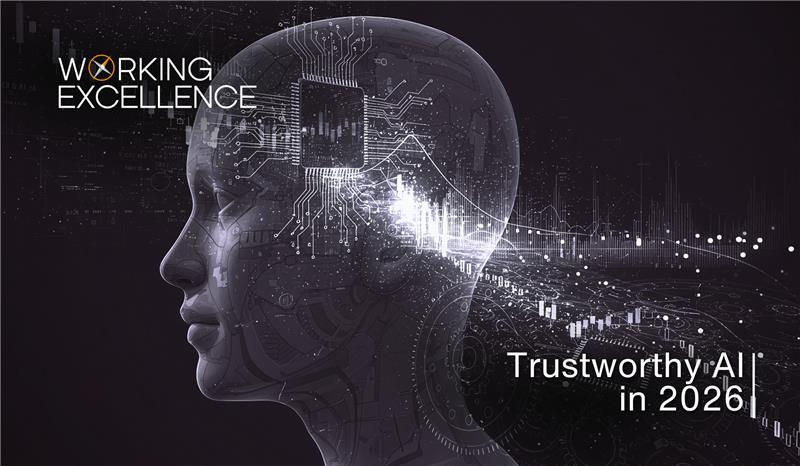Digital Skills Over IQ: The New Benchmark for Success
- Jerry Garcia

- Feb 20, 2025
- 2 min read
In a rapidly evolving digital landscape, the ability to navigate and leverage digital tools is becoming more critical than traditional intelligence measures like IQ. This shift is particularly evident in the corporate world, where companies like Procter & Gamble (P&G) are prioritizing digital marketing skills to drive transformation and success.
Key Takeaways
Digital ability is increasingly recognized as a crucial factor for organizational success.
Traditional measures of intelligence, such as IQ, may not adequately reflect an employee's potential in a digital-first environment.
Companies must assess and develop specific digital skills to enhance performance and drive growth.
The Shift Towards Digital Ability
The digital revolution has transformed how businesses operate, making it essential for employees to possess strong digital skills. In 2013, A.G. Lafley, then CEO of P&G, recognized this need and appointed F.D. Wilder to lead the company's digital transformation efforts. The goal was to integrate digital marketing capabilities across P&G's brands, ensuring the company remained competitive in a changing marketplace.
Limitations of Digital IQ
While many organizations focus on increasing their workforce's "digital IQ," this metric has its limitations. Digital IQ often emphasizes knowledge and vocabulary over practical application. In a world where employees must adapt to new technologies and processes, a more nuanced understanding of digital ability is necessary.
Assessing Employee Digital Skills
To effectively gauge employee digital skills, leaders must identify key attributes relevant to their roles. This involves:
Defining the attributes that contribute to digital marketing success.
Developing performance metrics based on these attributes.
Creating dashboards to track progress and identify areas for improvement.
At P&G, the e-business team identified five critical attributes that define digital marketing ability, aligned with the customer’s digital journey. These attributes encompass various stages of the marketing funnel, including:
Discovery
Awareness
Interest
Purchase
Loyalty
Implementing Training and Development
Once the key attributes and metrics are established, organizations can implement targeted training programs to address skill gaps. This proactive approach not only enhances individual performance but also strengthens the overall capabilities of the organization.
Conclusion
As the business landscape continues to evolve, the emphasis on digital ability over traditional intelligence measures like IQ is becoming increasingly clear. Companies that prioritize the development of digital skills will be better positioned to thrive in a competitive environment. By focusing on specific attributes and implementing effective training programs, organizations can unlock the full potential of their workforce and drive successful digital transformation.



